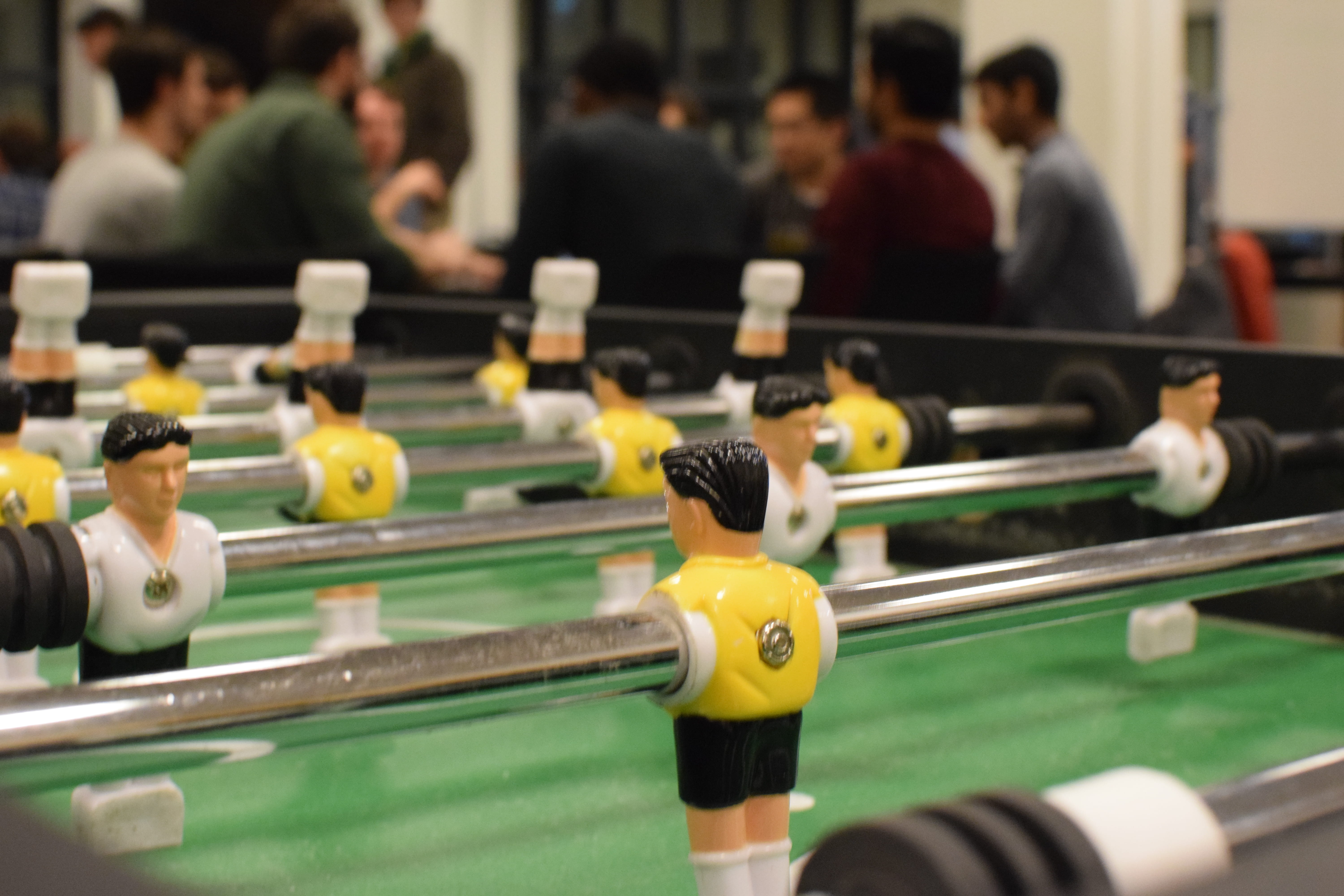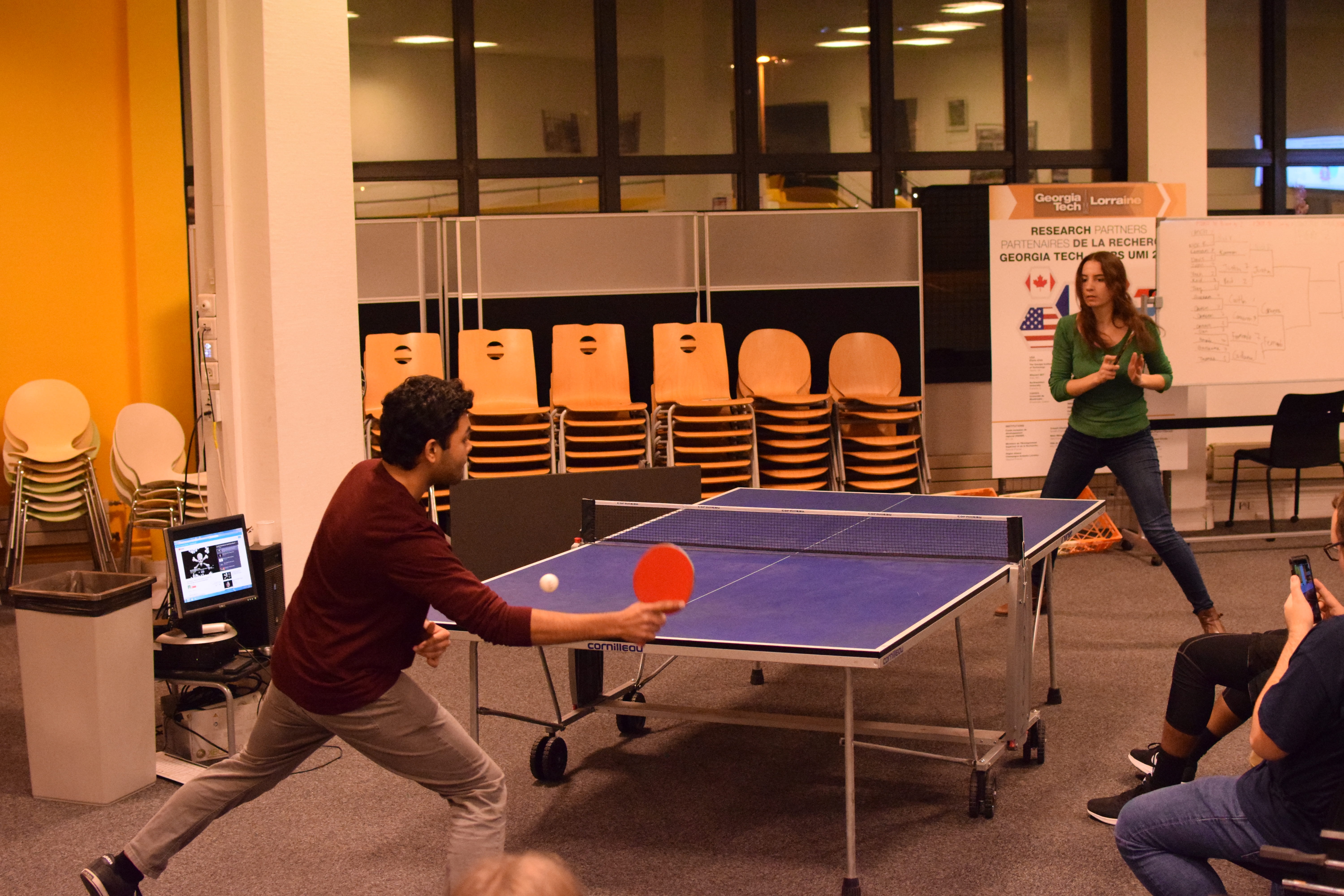I’m often struck by how casually historic Europe is, but it has never felt so present as in Berlin. This may be due to the fact that the only historic tour I have taken was in this city, though I am sure I could not be so easily biased. Berlin is ancient, with a long history now entirely overlooked in favor of that of the last century. The negative nature of the history results in an odd attitude of “give it no memorial” yet “never forget so as to never repeat.” For me at least, there was also an eerie sense of how recent this history really is, when a textbook makes it seem so removed.
 The ravages of war as well as efforts to obliterate evil leave few visible traces of the 20th century. Brandenburg Tor remains one of the most famous relics of Berlin’s more distant past. The hotel opposite it also survived over 300 bombings during WWII, yet could not make it through one Russian party where the celebration of victory resulted in accidentally burning down the building. The rebuilt hotel now has a bulletproof penthouse that costs €26,000 per night (no breakfast included) and is the famous site of such events as Michael Jackson dangling his child out the window. A more somber example of this trend of demolition can be found in front of a nearby apartment complex. Here, a parking lot where dogs are often brought to pee covers the location of Hitler’s bunker. This, as well as the destruction of other reminders represents Berlin’s efforts to leave no memorial to wrongdoers and instead rebuild anew.
The ravages of war as well as efforts to obliterate evil leave few visible traces of the 20th century. Brandenburg Tor remains one of the most famous relics of Berlin’s more distant past. The hotel opposite it also survived over 300 bombings during WWII, yet could not make it through one Russian party where the celebration of victory resulted in accidentally burning down the building. The rebuilt hotel now has a bulletproof penthouse that costs €26,000 per night (no breakfast included) and is the famous site of such events as Michael Jackson dangling his child out the window. A more somber example of this trend of demolition can be found in front of a nearby apartment complex. Here, a parking lot where dogs are often brought to pee covers the location of Hitler’s bunker. This, as well as the destruction of other reminders represents Berlin’s efforts to leave no memorial to wrongdoers and instead rebuild anew.
In contrast, tributes to the victims are readily visible and frequent. The memorial for the Jews killed in the Holocaust was the most striking experience for me. This cannot be adequately experienced in any way other than in person. Pictures make it impossible to see its magnitude or depth. These unassuming cement blocks transform into a momentous weight when in their presence. It looks like a cemetery, yet unmarked and uniform, recalling the dehumanization of this population. As you enter, the ground waves up and down, disorienting, but trends downwards as the blocks do so upwards. By the middle, the blocks double or triple human height. They are simply so massive as to force consideration of the weighty events they represent.
for the Jews killed in the Holocaust was the most striking experience for me. This cannot be adequately experienced in any way other than in person. Pictures make it impossible to see its magnitude or depth. These unassuming cement blocks transform into a momentous weight when in their presence. It looks like a cemetery, yet unmarked and uniform, recalling the dehumanization of this population. As you enter, the ground waves up and down, disorienting, but trends downwards as the blocks do so upwards. By the middle, the blocks double or triple human height. They are simply so massive as to force consideration of the weighty events they represent.
Later years in Berlin’s history are marked by the division into east and west Berlin. We happened to be in the city on the weekend after the celebration of the wall having been down for as long as it was up: 28 years, two months and 27 days. Again, the immediacy of this history is startling. I look around and see one united city, yet can still find segments of the wall and people telling stories of their time when it was up.
We happened to be in the city on the weekend after the celebration of the wall having been down for as long as it was up: 28 years, two months and 27 days. Again, the immediacy of this history is startling. I look around and see one united city, yet can still find segments of the wall and people telling stories of their time when it was up.
The last century in Berlin was marked by destruction. A beautiful church, simply blocking the view of a guard tower along the wall, was torn down. Historic monuments and buildings were obliterated in two world wars. Even what remains, such as the beautiful columns of the buildings of museum island, are scorched black and riddled with bullet holes. Statues are decapitated and maimed. Yet the spirit of the city is strong. Now, instead of crumbling under the weight of its history, Berlin chooses to find a new identity.
Berlin is a city of growth. Though the wall was torn down only a few decades ago, the only way you can tell which side you are on now is by a brick path marking the wall’s location. Buildings are being reconstructed, some using original stones and restoring the previous grandeur. Others take a modern spin. Currently, the front of a palace is being rebuilt, but the rear of the building will be modern. In this manner, Berlin is pulling itself up. This city is so valuable that it inspires the efforts of a multitude pour their hearts (and wallets) into bringing back what they have lost, while creating a vibrant new personality.


 thank you Crous for the cheap meals) to buy tickets to all three operas offered by
thank you Crous for the cheap meals) to buy tickets to all three operas offered by  provided on a handy screen above the stage. In French. While I have taken a few years of French, I am not particularly fluent and have forgotten most of it in the years since my instruction.
provided on a handy screen above the stage. In French. While I have taken a few years of French, I am not particularly fluent and have forgotten most of it in the years since my instruction. Maybe it’s the looming exams, but the realization that my time at GTL is finite has hit with full force. I came with dreams of London, Vienna, and every quaint town between. Four months in Europe seems endless, but throw in the stress that is a Georgia Tech education and it becomes much more limiting.
Maybe it’s the looming exams, but the realization that my time at GTL is finite has hit with full force. I came with dreams of London, Vienna, and every quaint town between. Four months in Europe seems endless, but throw in the stress that is a Georgia Tech education and it becomes much more limiting.
 skyscrapers strain around historic landmarks, but the trip was inspired by a desire to rest my injured ankle. Frankfurt is known for some of the best public transportation in Europe. Everyone seems to just step on the trains, but just as I was contemplating whether the tickets were only an obligation for unaware tourists, I noticed a sign translated into English scolding that it was “never less worth it” and how deep the fines were for that very act. I still ended up walking over 10 miles the first day, feeling great and excited to get to know the city I hadn’t researched beyond its trains.
skyscrapers strain around historic landmarks, but the trip was inspired by a desire to rest my injured ankle. Frankfurt is known for some of the best public transportation in Europe. Everyone seems to just step on the trains, but just as I was contemplating whether the tickets were only an obligation for unaware tourists, I noticed a sign translated into English scolding that it was “never less worth it” and how deep the fines were for that very act. I still ended up walking over 10 miles the first day, feeling great and excited to get to know the city I hadn’t researched beyond its trains. 














